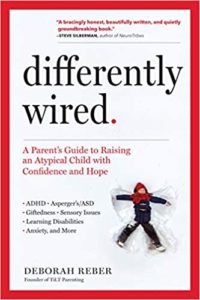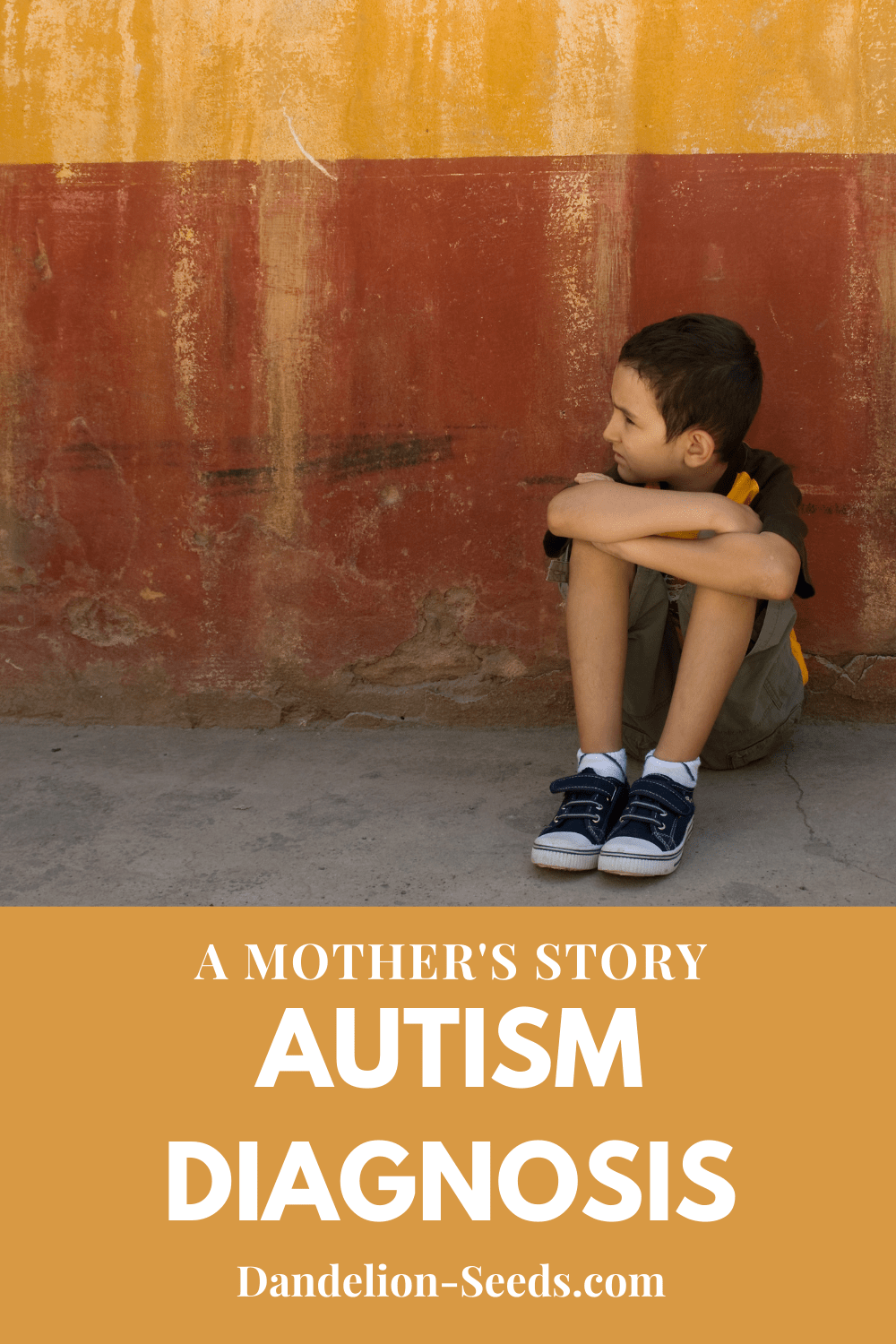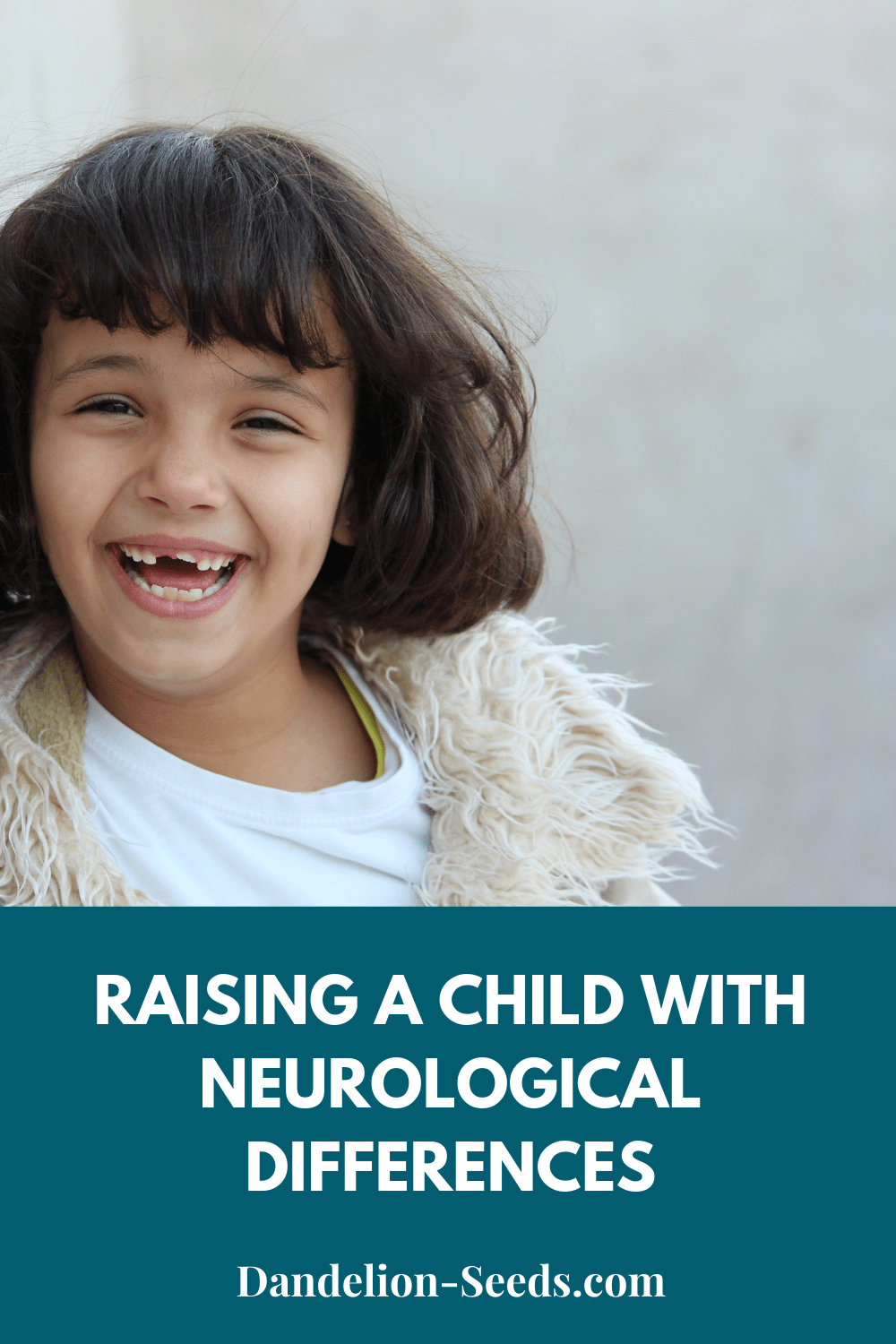
Sign in
Don't have an account with us? Sign up using the form below and get some free bonuses!

This is a guest post from Emma Salt about raising an atypical child.
*
Perhaps you've always known you have an atypical child, or perhaps it's all new territory for you. Either way, when a doctor looks you in the eye and confirms a diagnosis related to your child's physical, cognitive, or emotional development, it can be jarring for the whole family.
Some people get a diagnosis quickly. For others, it may come after months or years of trying to get people to listen, to understand and to help their atypical child. Regardless when you get the diagnosis, however, your life changes.
Both of our children are atypical. One has ADHD; the other, autism.
Both are amazing, but the journey we have been on with both of them has been tough. If my background wasn't teaching, I'm not sure we would have known what to say and what to do to push things forward. (We are based in the UK and processes and support systems differ around the world.)
Still, the emotional journey that parents of an atypical child experience are often similar to one another.
Our youngest was almost 14 when we finally got an Autism diagnosis. We could see atypical behaviors at home from a very young age, but our eldest has ADHD. With two atypical children, there was no 'typical' to compare with. He met developmental milestones, although, looking back, he met them in his own atypical way.
The final straw for us was a school residential when he was 9. He was

nervous before he went (he's never been keen on staying away from home), and when I picked him up from school, I could see from the look on his face that something was very wrong. He got in the car and cried all the way home.
He just sat next to me and sobbed. When we got home, he curled up on the sofa and a migraine started, and then he vomited. The stress of the past 36 hours had built and built and this was the result. I realised that our quirky individual was more than quirky.
Something was going on. It wasn't just that he didn't want to stay away from home, he couldn't stay away from home. He wasn't just an eclectic individual; he was atypical, and I needed to get him help.
I made an appointment to see our GP. I had told our son that we were going to the doctor to see if someone could help with his worries, and he was happy with this. I remember it was a warm May morning and the doctor's office was stuffy and busy, and the doctor was running very late.
In the waiting area, an elderly gentleman with a kind face smiled and talked to my son. My son growled in reply. I had never heard him do this before, and it shocked me. He pulled his hood over his head and wouldn't make eye contact with anyone.
When we finally got called in, the atypical behavior carried on. He climbed onto a chair and crouched, then he sat on the floor and rocked. He refused to talk to the doctor, but his behavior meant that I didn't need to say much. My child was showing everything I wanted to explain. He wasn't attention seeking or misbehaving; he was just a child who was stressed and showing a deficit in social skills.
I was heartbroken by what I saw that day. My beautiful child wasn't typical. He was almost 10, but couldn't function in a crowded room.

When we told our families that our child was going to be screened for autism, there was a range of reactions. Most people were very supportive, but others didn't see atypical development or behavior. They couldn't understand why we were doing what we were doing, and some refused to

see it.
Even though we were in the system, the assessment for diagnosis took a year. We had this assessment through CAMHS (Child and Adolescent Mental Health Service). We had to fill out a form, his school had to fill out a form, and then our child had a 1-2-1 assessment.
We went back three weeks later for the result. We were told he had traits but not a full diagnosis. My reaction was one of disappointment, but then guilt that I was disappointed he didn't have a diagnosis (and that mum guilt would come in waves over the next few years).
He then went to secondary school, and everything (anxiety, stress, the difference between the typical and atypical children) seemed to increase. He is a clever child, and he knew that he wasn't the same as many of his peers. He felt different, and this awareness impacted his mental health.
We went back again for another assessment, but this time we were told he couldn't be re-assessed, but they diagnosed clinical anxieties, so he had cognitive behavioural therapy. The following spring, four years after our first attempt to get him diagnosed, he asked to go back. He knew he was different, he knew that he had a different developmental trajectories to his peers (some more advanced, some less), and he knew he was autistic.
CAMHS would not see us again, and so we were sent to the Children's Department who were amazing. He was assessed again. The assessment took much longer this time, and just four months after this referral, he had his diagnosis
I sobbed when they told us.
I cannot begin to express the toll this journey took on me, and how it affected my mental health. I was on such a rollercoaster. I felt guilt for pushing for a diagnosis, and yet more guilt for not noticing atypical development and strange developmental milestones. Should we have asked for a diagnosis earlier? As parents, had we let our child down? Should be have been more aware of the difference between typical and atypical behaviors?
Most of all, though, I felt guilt for grieving the life our child would not have. He is wonderful, he is social (when he is motivated to be), he is an integral part of our family and he makes our lives better.
But life is tough for him sometimes, tougher than it should be. As a parent, it is very hard to see that without being able to make it all better.
Related: Check out Dandelion Seeds Positive Parenting's expert interview with Debbie Reber, Author of Differently Wired.
Parents of atypical children need people who will listen and sit with them in their dark days. They need people who nod in the right places without giving too much advice, or telling you the latest 'cure' they've read online. They need a support network of likeminded people, and they need people with a relatable sense of humor, because, sometimes, that's what gets you through the day!
Family is important, but sometimes family members just won't get it -- the diagnosis, what it means, and the impact an atypical child may have on the parents' life, both good and bad.
For me, try to get them involved for as long as you can, but the mental health of you and your child has to come first. If seeing an aunt who will not try to understand what is going on upsets your child, you have to ask yourself if that aunt is worth seeing. This is harsh, but you have enough to deal with, and sometimes it's easier to walk away.
You also need to make time for you. That could be anything from a holiday away without your children, a day at a spa, a walk in the woods or for me, I have half an hour most mornings before anyone else is up. I indulge in social media, online games, reading a book, looking out of the window or whatever I want.
That is my time, and it gives me time to breathe before the day starts.

There are lots of debates about what to tell your child, and what to tell people you meet, and I think the unhelpful answer to these dilemmas is 'do what's right for you'. For us, our children were not diagnosed with their atypical conditions (and even calling them conditions can trigger a response from some atypical adults - if this is you, I apologise), so they had strong identities before their diagnosis. They have not been defined by their diagnoses.
The diagnosis is seen as a lens rather than a label, and this is how our children see it, too.
We are also as honest with our children as we can be. When our youngest was being screened for dyslexia, h was only 7. We told him that he was going to see a lady who would try and find ways to make reading and writing at school a little easier.
When we got his diagnosis of dyslexia and we told him, he looked at us and said, 'Well, I know that already, I think like my brother!' Our oldest is

severely dyslexic. If they are high functioning, then they probably already know.
Our eldest was almost 17 when he was diagnosed with ADHD. For him, it was a relief; he had felt every day that he was going mad, that there was something 'wrong' with him. Once he knew he had ADHD, a huge chunk of worry left.
I should add that we decided not to have him screened when he was younger as we didn't want another label - in hindsight, this was the wrong decision. It is better, in my opinion, to have a correct diagnosis and be able to put support plans in place than to have a label such as a naught, disruptive or aggressive child. Back to my earlier point, though, you need to do what is right for your family and situation.
You have to remember that support is not a one size fits all package. Both my children have dyslexia, one severely, one significantly (although I don't think those terms are used any more), but with the initial diagnosis and report, there is not much difference between them. However, in terms of academics, school, behavior, development, reading and writing, they are completely different -- as is the support they need.
One issue we've had with education is that teachers who have not experienced atypical children firsthand (either as a parent, sibling, close relative or child) do not understand this. Not only are atypical children, well, atypical, each has their own atypical development and developmental needs.
As a parent, I like to know as much as I can about anything that's new to me, so I have endless books on dyslexia, ADHD, ASD, raising the atypical child, schooling, unschooling and so on.
The search for more and more information got overwhelming, when what I should have done was ask my children what they need. Yes, there are things that are applicable to most atypical children. Yes, there are proven aids and therapies that may help. Yes, there are strategies that can be put in place, but at the end of the day, you need to get the support that your child needs.
Parenting atypical children can be exhausting, the battles with school to get help can feel overwhelming, visits to hospitals or therapists can feel never ending, but I wouldn't change a thing.
I am a mum of two boys who both have barriers to learning/SENDs, and I am a qualified teacher, and have taught a wide range of students from 13 to 60+ for the last 19 years.
From both parent and teacher perspectives, I feel that so many children miss out on so much that education has to offer. As a parent, I find it frustrating to see my children climbing mountains every day, and as a teacher I find it frustrating that I can’t always do what is needed to make every child achieve their potential.
I blog about my journey as a parent, from how I felt with the diagnoses, how my children feel and how my husband and I make our family a safe, happy unit.

